In previous articles, we looked into some ideas about the 108 curriculum, and some
changes it has brought.
In this article, I’ll try to explain some practical issues, and will divide the ideas into the admission part of schooling, contents of the GSAT and AST tests, the inquiry and practice courses, and the portfolio– some parts that are more problematic and have more modifications.
Admission schedule to college
For college entrance in Taiwan, there are several ways for students to enter college. After the General Scholastic Ability Test (GSAT) which happens in mid-January, students can choose whether to use the stars program (this is mostly for those who have extraordinary grades at school) or personal application.
Most students know whether they are accepted to their chosen school by mid-May.
If students are not satisfied with their GSAT grades, they can use admission by examination and placement, and take another test, which is called Advanced Subject Test (AST) in early July.
There are several differences between these methods, but due to limited space and the topic I want to talk about, we won’t look into the differences in this article.
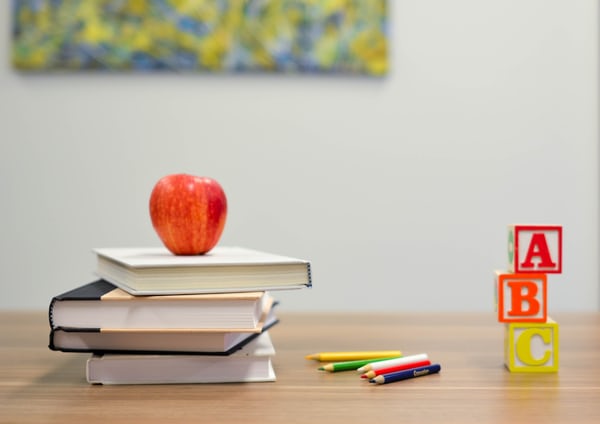
This time, for those of us using the 108 curriculum, our college admission schedule changed quite a lot.
The GSAT test is still scheduled for mid-January.
However, after taking the GSAT test, not until June will most of us know whether – or not – we are admitted by our chosen school and departments. This is quite late, and might make the atmosphere on the campus awkward and intense, since nobody is really certain about their future.
If the outcome isn’t satisfactory, students can take another test called Advanced Subject Test (AST), which will take place in July.
The Ministry of Education is now thinking about whether to make this in early July, because in the 108 curriculum, it is scheduled for later July.
Many students, teachers, parents, and even professors in universities are against the original decision, calling for an earlier test time.
Arrangements for the GSAT and AST test
For the 108 curriculum, many of the subjects have changed. Social studies (which includes civics, geography, and history) now only has three books to be included in GSAT, while in the former curriculum, there were four.
Content inside the textbooks is changing too with less “Chinese” material and more “Taiwanese” and added regional and global factors.
Mathematics is another that has changed quite a lot.
Before the 108 curriculum, there was one test for math for GSAT, two for AST (one easier and one harder).
However, in the 108 curriculum, the GSAT will have two tests for math, and students can choose what which they wish to take (they can also take both) – one is mathematics A for departments that require a high level of math skills, like science, and the other is mathematics B (for departments that don’t require much math, such as law or history departments).
Universities have announced which math test they’ll take into consideration while judging applications.
Different departments and universities have different requirements, and even the same department in different universities can vary in their requirement for math.
As for the AST, there will only be one test for math – the more difficult test, and only classes in the science track have classes for the math that’ll be required to be examined in AST.
Students in the social sciences track don’t have access to this.
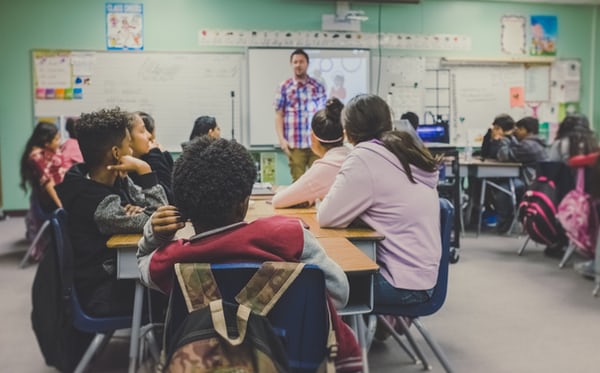
Some departments like business or economics say that they’ll take math into account while judging students’ applications by AST, and will make some other ways for students from the social sciences track, such as using their math A score in GSAT.
This also means that students in the social sciences track don’t have another chance on their math test.
What’s more, in the former curriculum, English and Chinese are also subjects that can be tested again in AST, but in the 108 curriculum, students only have one chance– the GSAT test.
The government has said that this in “in the wish of reducing students’ stress”.
The inquiry and practice courses
Most students in Taiwan are divided into science and social science tracks.
I’m a sophomore student in the social science track. And since the curriculum plan might vary in different schools, I will only take myself as an example.
For us, we have four subjects which have inquiry and practice courses in a given week. These are, science (divided into two semesters, one is taught by an earth science and chemistry teacher; the other is taught by a physics teacher and biology teacher; two classes per week), civics (also divided into two semesters, one class per week), geography (two classes per week, only one semester) and history (also two classes per week, one semester).
For the inquiry courses, as I mentioned in the previous article, students are encouraged to do something outside of textbooks, be it research, writing a short thesis, launching a civil action project, or giving a presentation – many forms can be taken.
However, what actually happens is that some teachers in the authentic education scene are not able to adapt and keep up with the reforms, and many think that the only way and the safest form is for students to do a written form short thesis.

Students at first might try to do everything to the best of their ability, but will later become tired and do things in a perfunctory manner.
Portfolio
The portfolio is like a document file online which aims to make students record their
learning trace from 10 grade towards the end of their high school.
But for this, many have talked about their ‘consciousness’.
Some fear the rural and urban gap might be widened because students in the city, especially those studying in top schools have an abundance of resources without making too much effort, whereas those in the countryside might not have much access to the same facilities.
Many parents are also worried about their children not being able to seize the opportunity to enter an “excellent” university, despite trying their best to give their children all they can.
Some students also do things for the portfolio, for the interest and the ‘might-seem-perfect experience’, not necessarily just for their own will.
Teachers will try to give “special” homework or classwork in order to let students have more things to add to their portfolio page, which in the end will exhaust students.
As such, it is easy to misunderstand the purpose of the portfolio, making it seem like an “arms race” of sorts in the classroom.
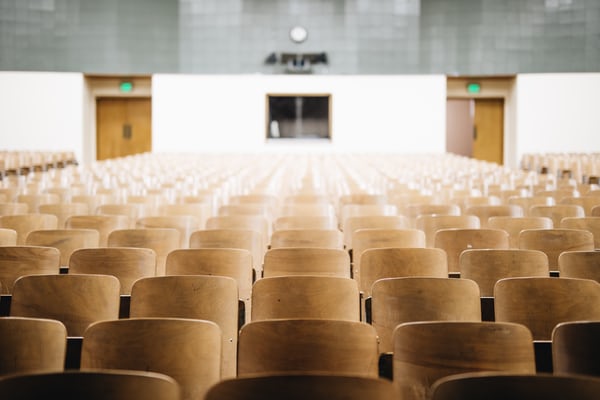
And this is not to mention the sometimes-occurring technical problems, such as a website just not working because there are too many students using it (in the run up to a deadline). Fortunately, those things are improving.
Chop and Change– but adapt to thrive
To conclude, I do like to see education be transformed for there is indeed more free space for students to do whatever they want, explore more widely as they work towards their future.
However, as the first generation facing these transformations, we might have to face lots of challenges.
No one ever taught us to think about our future when we were younger, the atmosphere in Taiwan is quite grade-lead and outcome-based.
But now, we are in high school, where with the implementation of the 108 curriculum, we are being asked to start to think about our future (which is also a nice thing, because I think many students before us didn’t consider future careers until college).
So far, I have seen students under the 108 curriculum become more adaptable, and think more.
Hopefully then, in the years ahead we can be the people to take the initiative, engage in
interactions beyond our comfort zone, and seek the common good – just as the curriculum expects of us.
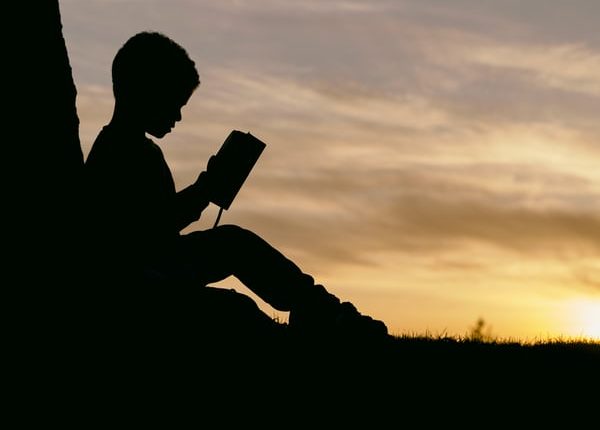





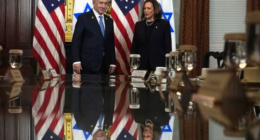
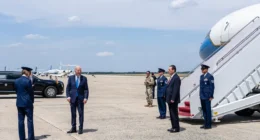
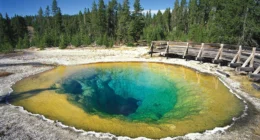

Comments are closed.